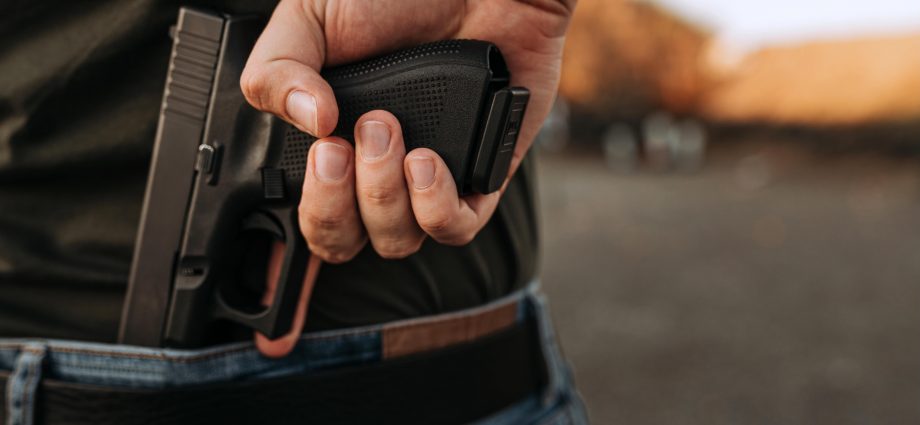THURSDAY, July 27, 2023 (HealthDay News) — The United States has more than 10 times the number of mass shootings than other developed countries, but the factors that account for these events are elusive.
Now, new research suggests that stems from policy, environmental and socio-cultural factors.
“I’m constantly asked, ‘What is public health doing about the rise in mass shootings?” said researcher Leslie Barnard, a student working with the University of Colorado School of Medicine’s Firearm Injury Prevention Initiative.
“We want to help explain the ‘why, where and how often,’ to give people an understanding of this issue,” she said in a university news release. “This study is not intended to answer every question, but highlights components to generate more hypotheses.”
Barnard and colleagues examined the state rates of mass shootings, total injuries and deaths using the Gun Violence Archive. Mass shootings were defined by incidents where four or more people were shot or killed, not including the shooter.
They analyzed data from Jan. 1, 2014 through Dec. 31, 2022.
During this time period, there were 4,011 mass shootings in the United States, ranging from zero in Hawaii and North Dakota to 414 in Illinois. Over these nine years, 27% of the shootings were social-related mass shootings, 16% were crime-related, 11% were domestic violence-related, 1% were school- or work-related and 52% were not a part of any of these categories, the researchers found.
In all, just over 21,000 people were injured and killed.
The report was published online July 26 in the journal JAMA Network Open.
“From this data, we can speculate that certain communities and victims are underrepresented,” Barnard said. “Mass shootings in public places are covered by media, but 11% of mass shootings are domestic violence-related and even more may never be reported or receive coverage. We ask ourselves how we can raise awareness and bring support to this issue.”
Future research should assess socioeconomic, political, cultural and demographic factors associated with incidents of mass shootings across states and address policies and social determinants associated with these shootings, Barnard said.
“Understanding where mass shootings occur across the country, and more about the context, such as how often these tragic events happen in homes, can point firearm injury prevention specialists toward how to prevent them,” said researcher Ashley Brooks-Russell, an associate professor and director of the Injury and Violence Prevention Center in the Colorado School of Public Health.
More information
For more on shootings, see the Pew Research Center.
SOURCE: University of Colorado, news release, July 26, 2023
Copyright © 2026 HealthDay. All rights reserved.

